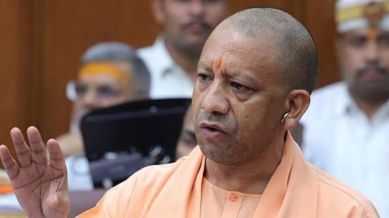A Supreme Court ruling requiring all in-service teachers in Uttar Pradesh to clear the Teacher Eligibility Test has triggered widespread anxiety. Chief Minister Yogi Adityanath has moved to shield thousands of educators, ordering a review petition that could redefine the balance between professional qualifications and years of classroom experience.
The Court’s Directive and Its Reach
The Supreme Court’s order earlier this month declared that every teacher instructing classes one through eight must hold a valid TET certificate, regardless of when they were recruited. The directive was framed as a measure to ensure quality and uniform standards across India’s vast and uneven education system. But the ruling immediately raised alarms in Uttar Pradesh, the country’s most populous state, where tens of thousands of teachers entered service long before TET was instituted. Many never attempted the test, as it was not a requirement for their appointments.
Teachers Push Back, Fear Displacement
Teachers’ associations argue that the mandate undermines decades of training and service. Senior educators nearing retirement are particularly vulnerable, with little incentive or capacity to sit for an exam designed for new recruits. “It sends a message that our years of teaching count for nothing,” one teacher said in Lucknow. Others fear the decision could destabilize classrooms, disrupt continuity, and deepen staffing shortages in rural schools where recruitment already lags. The unions have demanded that professional experience and periodic state training programs be recognized as sufficient benchmarks for eligibility.
Government’s Balancing Act
Chief Minister Yogi Adityanath has framed the issue as one of fairness and recognition. In a statement, his office said the government values the contributions of in-service teachers and has consistently invested in their training. Filing a review petition, officials said, would not only protect teachers from sudden displacement but also uphold the principle of educational stability. At the same time, state authorities maintain that they support merit and accountability, hinting at a dual system where new entrants are held to the TET standard while protections are extended to those already in service.
The Road Ahead
The review petition is expected to test how far courts will go in reconciling the need for standardized qualifications with the realities of India’s public education workforce. At stake are not only the livelihoods of thousands of teachers but also the functioning of primary education in a state where consistency, continuity, and morale remain fragile. For now, the Chief Minister’s intervention has offered temporary relief — but the final word lies with the judiciary.


